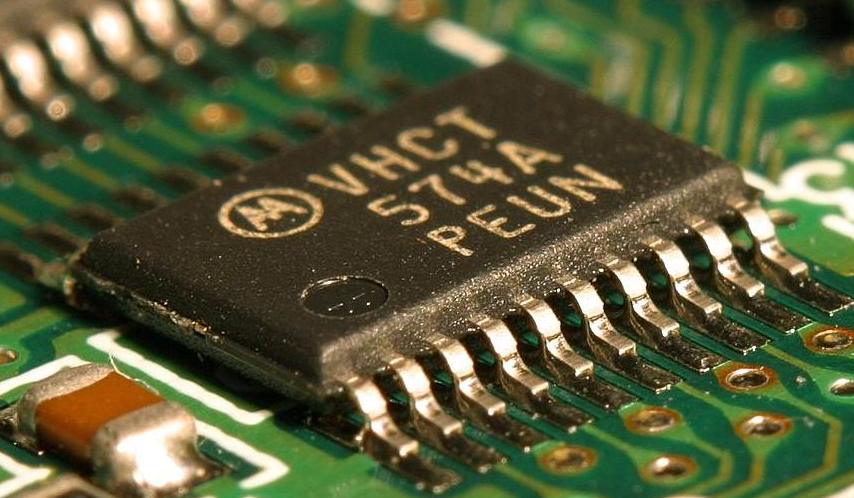In India, all the issues related to 2G auction bidding have finally been settled down by the telecom regulators. Of course, the auction has sparked out a discussion on another front, and more importantly, the government could not generate even a quarter of its targeted amount (INR 400 billion). As number of data consuming smart devices (smartphones and Tablets) is increasing, vendors are now endeavoring to upgrade their base stations to offer 3G and 4G privileges to consumers in order to manage high data and voice traffic demands around the country.
Indeed, it’s the right time for technology providers to look out of box to bring out innovative, cost-effective technology for their base station upgradation. On the other side, chip manufacturers are focusing on intelligent chips developments–that could perform multiple functions. Nevertheless, high capital expenditure (Capex) is a major challenge for Indian telecom vendors to upgrade their base stations.
Besides capex, the telcos are still stuck with lots of challenges such as reach of fiber networks to various locations in the country and ensuring space availability for its present towers. In addition to these, the upgradation also requires transmission and deployment facilities at the sites.
In India, IBM, Freescale, Xilinx and Intel are currently major players those are offering the technologies from off-the-shelf server to base station-on-chip models.
Majority of base stations in India support only GPRS 2.5G networks (GPRS + EDGE). And this is the main reason why smartphone users (who have 3G connectivity) have been complaining for patchy internet speeds. Now, the arrival of 4G LTE devices such as Samsung Galaxy SIII, iPhone 5 and more have increased pressure on Indian telecom vendors to cater proper 4G connectivity. In last few months, we could see increasing activities for 4G networks. However, at present, 4G services in the country are being offered by Bharti Airtel alone in two regions–Kolkata and Bangalore.
Benefits Of New Chipset Design
At present, chip manufactures focus on intelligent chips because the new chipset design consumes very less power. More importantly, the chips will be lucrative in security aspects and ensuring seamless traffic even in higher density areas.
Sales of Intel’s chips (for their intelligent system) are surging at almost double rate compare to its traditional (PC chips) business. It’s pretty much clear that for handling the high volume and heavy data traffic, there is a need of super efficient and more intelligent chips. Intel’s latest chipset—Crystal Forest—can process 116 million packets of data, which is quite higher than few million packets of data that was sent by earlier chipset.
Interestingly, Freescale has just introduced a concept of small base stations, which is quite effective for those locations where traffic of voice data is quite high. Meanwhile, IBM is also working on traditional system-on-chip (SoC) model to make the system-on-a-module format with 3D integration of multiple silicon devices.
In India, traditional players such as Xilinx, offering chips for radio, baseband and base stations, is preparing itself for the race to cater higher bandwidths. They have recently announced a 20-nm FPGA chips (field programmable gate array), which has capacity to enhance the performance by two-folds at half of the power of the next generation communication equipment. The main benefit of FPGA is that a customer or a designer can easily configure the integrated circuit as they wish.
In addition to these, availability of microcontroller from ARM at very reasonable price has helped many chip makers to focus on intelligent chips that encompass additional features. At present, about 95% of devices in mobile phone industries are using ARM processors, and the demand of smart chip consumption is expected to grow in telecom market in forthcoming years. Last year, around 7.9 billion ARM chips-based devices were shipped, up 30% compared to 2010.


